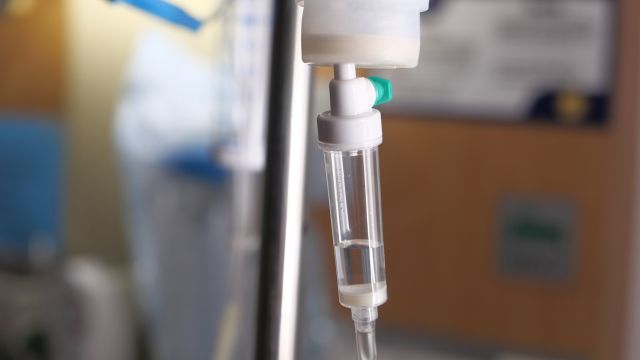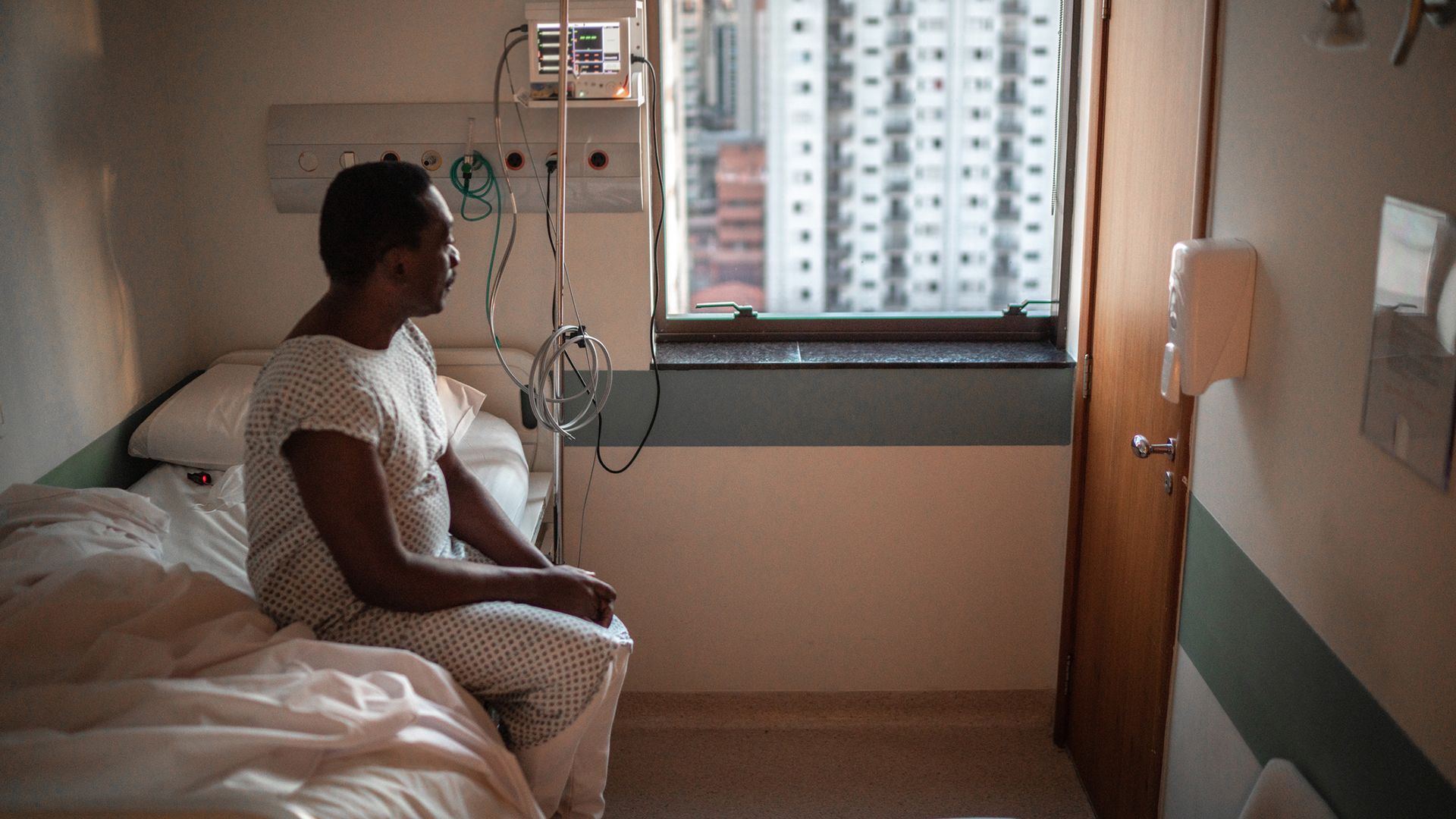Updated on April 2, 2024
Non-small cell lung cancer (NSCLC) is the name for several different types of lung cancer whose treatment and chances of recovery are often similar. According to the American Cancer Society, about 80 to 85 percent of lung cancers are NSCLC.
There is no one best treatment for NSCLC—only the best treatment for a particular person at a particular time. When choosing a treatment, your healthcare providers will take into account a number of factors, including the stage of the cancer, if the cancer has spread to other areas of the body, and your overall health and medical history.
Read on to learn about common types of cancer therapies for NSCLC and when these therapies might be used.
Surgery
Surgery to remove lung cancer tumors is sometimes used for when NSCLC has been diagnosed early before it has spread to other areas of the body. If surgery can be used, it often has the best chance of curing lung cancer. But operating on the lungs is complex. The type of surgical procedure used will depend on how well the lungs are functioning, and the size and location of the tumor. Complications of surgery can include blood clots, and recovering from surgery may take a few months or more.
Chemotherapy
Chemotherapy (chemo) refers to different drugs that can kill cancer cells and help stop cancer cells from growing and becoming more numerous. Chemo is often given with an infusion given directly into a vein, though some drugs are taken by mouth. Chemotherapy can involve a single drug or a combination of drugs, and it can also be used alongside other treatments. For example, chemo may be recommended before surgery, to shrink a tumor so it can be removed with a less invasive procedure that uses a smaller cut and may heal faster.
Radiation therapy
Radiation therapy uses high doses of xrays to kill cancer cells and shrink tumors. Radiation may be used on its own or with chemotherapy, especially when tumors cannot be removed with surgery. It can also be used alongside surgery—either to shrink tumors before surgery, or to kill off any remaining cancer cells that could not be removed during surgery. For advanced NSCLC that has spread and is no longer considered curable, radiation can be used to treat tumors that are causing pain and other symptoms. Side effects can include skin changes in the area being treated, fatigue, nausea and vomiting, and loss of appetite.
Targeted therapies
Targeted therapies are drugs that target changes in cancer cells that enable them to grow and spread. Compared to chemotherapy drugs, targeted therapies cause less damage to healthy cells—though they still cause side effects such as fatigue, diarrhea, and constipation. Targeted therapies are typically used to treat advanced NSCLC, and they can be given on their own or combined with chemotherapy.
Immunotherapies
Immunotherapies work by helping the immune system identify and fight cancer cells. Various types of immunotherapies are used to treat NSCLC, which work in different ways. Side effects can include fatigue, nausea, skin rash, and diarrhea. Immunotherapies can be used on their own or along with chemotherapy. They are often used when NSCLC is not treatable with chemotherapy alone.
Additional treatments
Other treatments that your healthcare provider may recommend include:
- Pulmonary rehabilitation (rehab). This form of rehabilitation can be used in early and more advanced NSCLC. It involves learning exercises that can help you breathe better.
- Quitting smoking. If you are currently a smoker, your healthcare provider will recommend you quit. This can help improve how your lungs breathe and even improve how well NSCLC treatment works.
- Mental and emotional support. Lung cancer is challenging for anyone. Counselors, cancer navigators, and oncology social workers can help you address the psychological, emotional, social, and practical aspects of living with NSCLC.
- Palliative care. This form of care helps relieve cancer symptoms like pain, stress, and shortness of breath. It can also help to lessen side effects from treatment such as nausea, vomiting, fatigue, and diarrhea.
It’s important to remember that NSCLC is a different experience for everyone, and there are many factors that determine the best approach to treatment. If you have questions about treating NSCLC and what your health insurance covers, speak with your healthcare provider.





